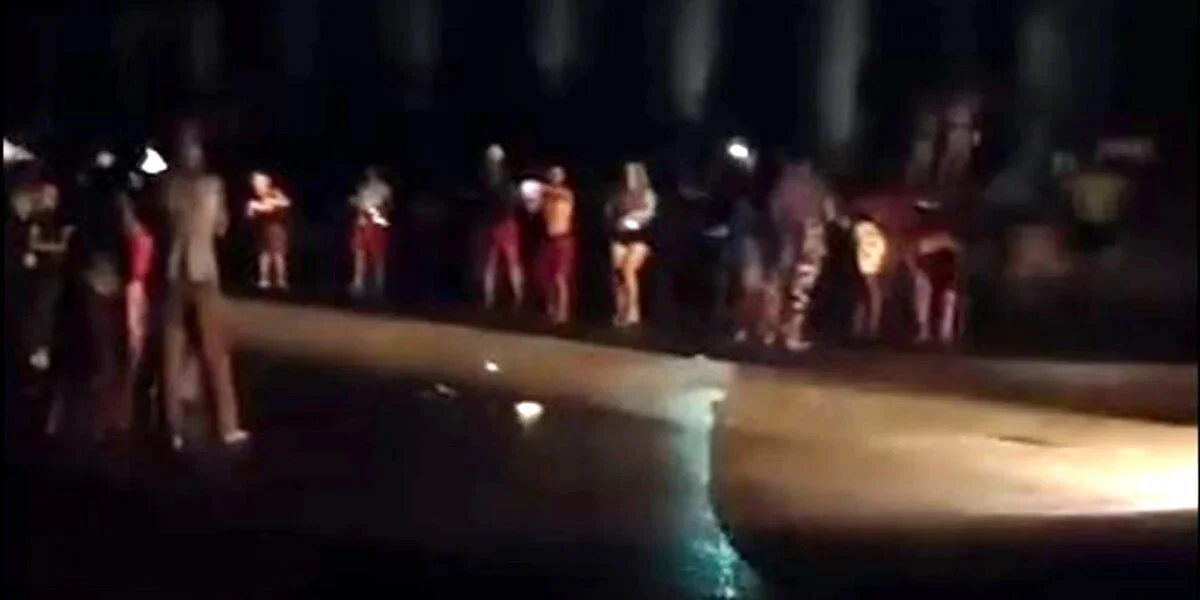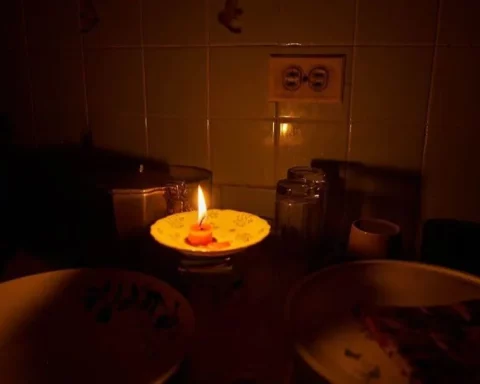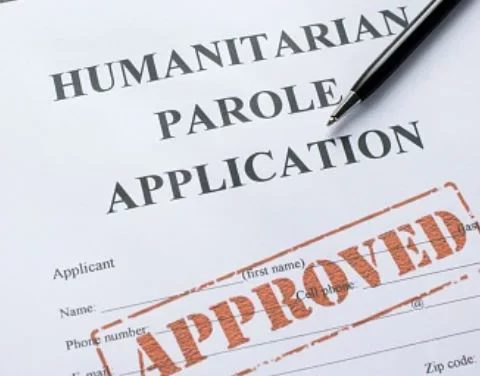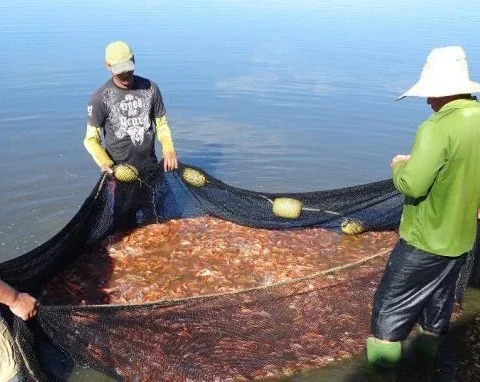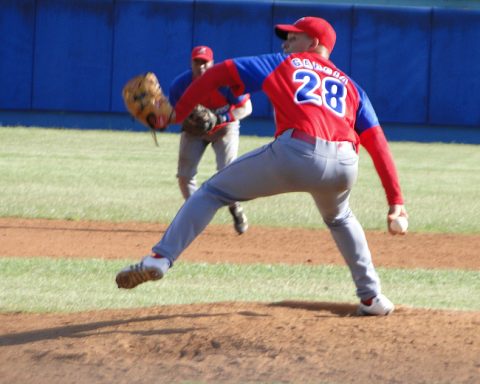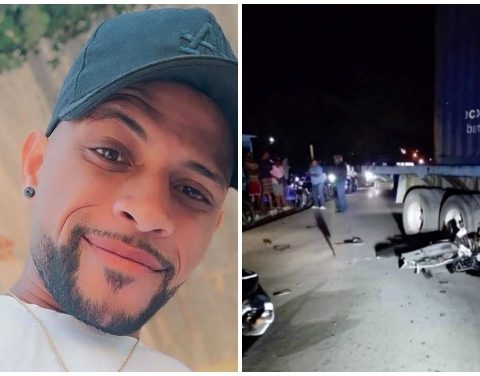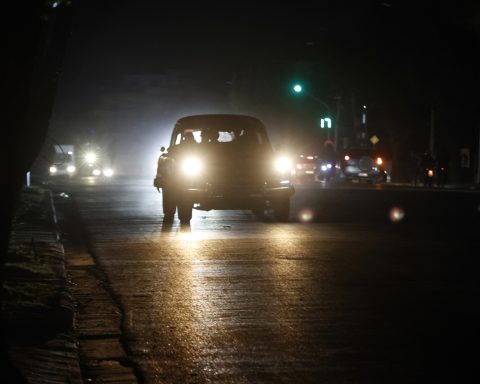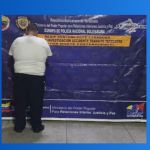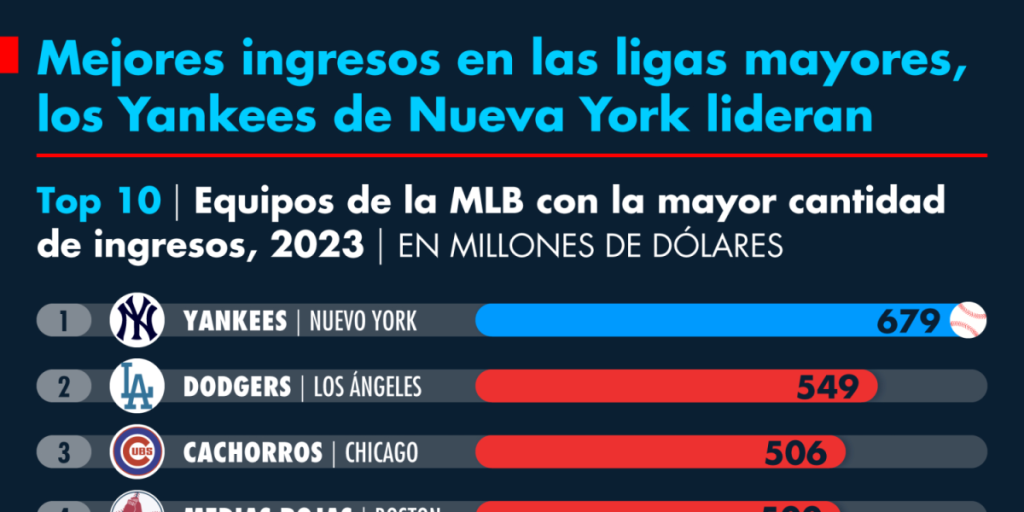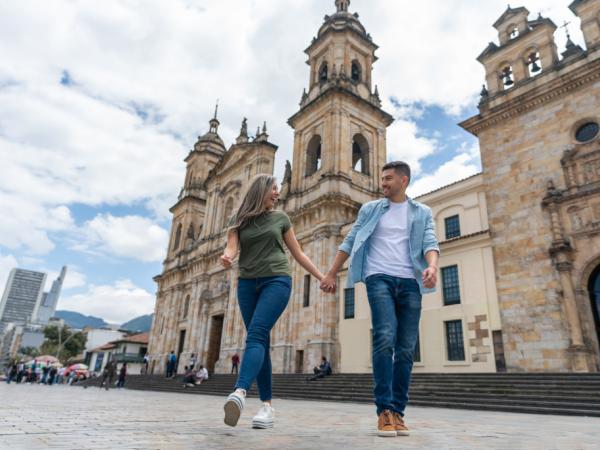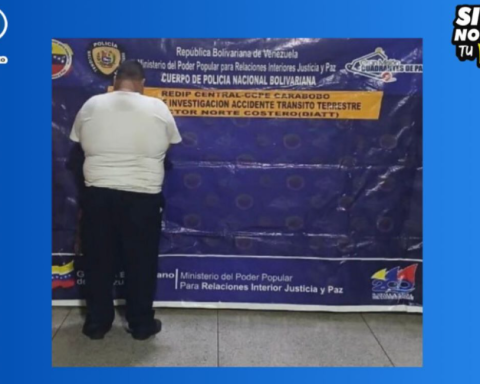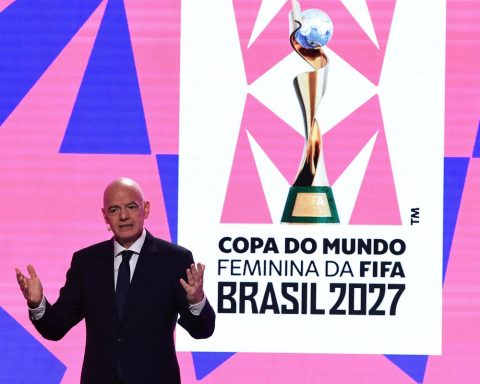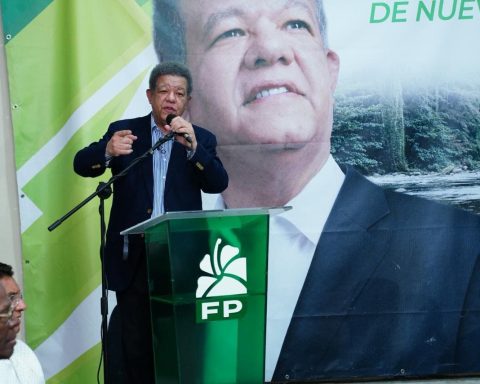HAVANA, Cuba. – I was born in a town that, like all towns, needed a name. And that town of mine arose at a crossroads, and from such a confluence came its name. Its founders called it Crossroads, and I think it’s good, and I even think it’s pretty. And then the town would grow a little, although never much, but always a little, but never much, always honoring those various paths and also their meetings, the crossings of paths, the crossroads.
Encrucijada lived, like so many other towns on the Island, from commerce and especially from the manufacture of sugar until, by magic and the enormous communist apathy, and its clumsiness, its sugar industry disappeared. And I couldn’t say now with certainty what Encrucijada experienced from then on. Perhaps from charity? My people began to live from their new history, that is, from their dead, some of them “politically illustrious.”
Encrucijada saw how its benefits vanished after the triumph of the communists, and began to live off those they called: “our heroes.” He was born in my town Jesus Menendez and also Abel Santamaría and his sister Haydeethat Haydée who one fine day, and after the events at the Embassy of Peru and the enormous escapades through the port of El Marielhe held a gun to her temple and let out a shot that left her dead forever.
And then the land found its most exalted predicaments in the many escapes to the North, going out to the sea from Nazabal beach. Crossroads stopped thinking about his dead heroes, he no longer had time to live on memories. Encrucijada somewhat forgot about Jesús Menéndez who was shot in Manzanillo. Encrucijada stopped being interested, even, in the legacies of Abel Santamaría and also somewhat relegated, fed up with so much red, to the Haydée who was president of Casa de las Américas until she hit that shot that was, without a doubt, the biggest a sign of discontent and rebellion from someone who was previously part of the Rebel Army and all the power structures.
And all those memories don’t come to me out of nowhere. If I was triggering my memory it was because Crossroads took to the streetsand from a distance I was filled with euphoria. That town of heroes to whom communism granted immense and infinite praise, took to the streets to gather in front of that building that not a few inhabitants of my town still call “The Town Hall,” and the communists “People’s Power.”
The people of Encrucijadens protested, became rebellious for a while and demanded that the authorities speak out, that they resolve that sad issue that is the darkness that invades everything and leaves us breathless. The residents of Encrucijadens protested because their food was fermented in the refrigerators, because the food of the children that came from the North was hopelessly spoiled, the food of those children who the next day would go to school to scream that they would be like Che, to despite the devastated stomachs.
The people of Encrucijadens came out to protest, they demanded attention, and I thought, and I even began to tell tales. I imagined that Abel and Haydée were there, protesting. I imagined Jesús Menéndez there raising his voice for everyone. Each of them on the side of those who made demands on municipal power, which is the same as that communist power that has wonderful headquarters in Havana.
I dreamed of Abel, of Haydée, of Jesús Menéndez, all in a tight embrace with the people. I imagined the fear of local power, which is also guilty of all those misfortunes that plague us and make us reject them. I felt that all those who were falling were finally joining the people to the astonishment of the communist authorities. And I even saw a glimpse of light, very similar to the one my countrymen in Encrucijada asked for.
